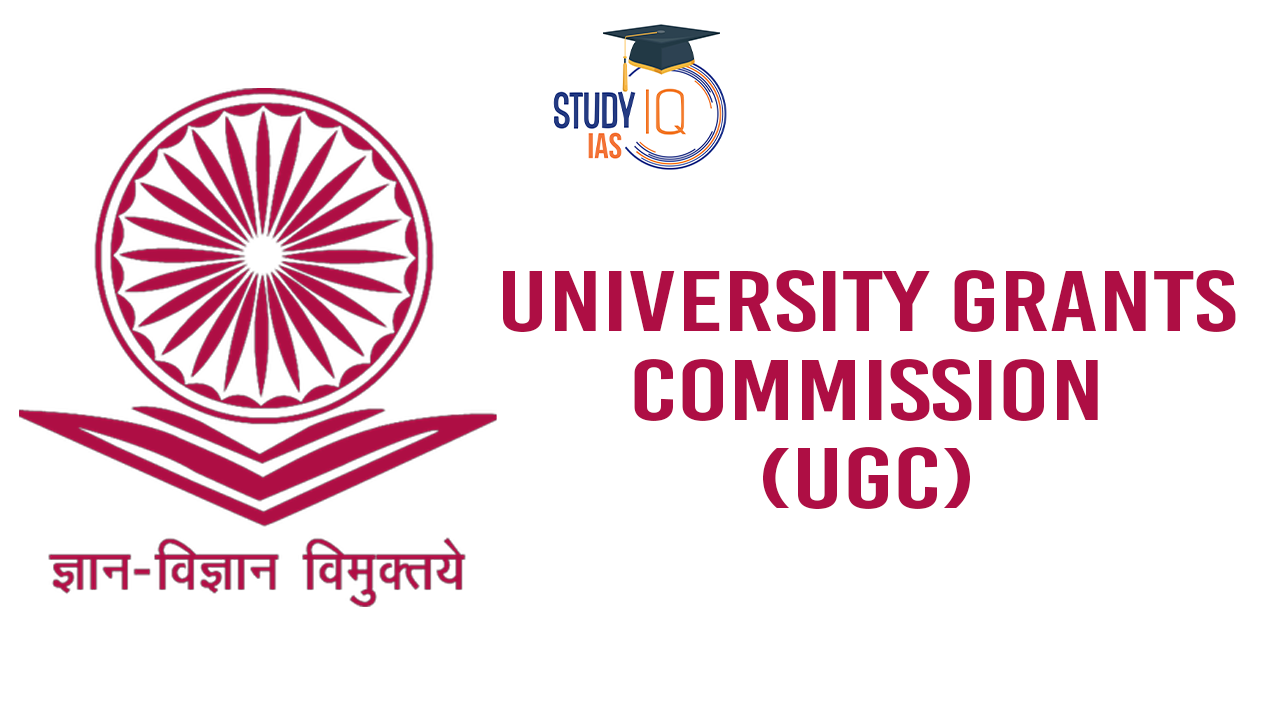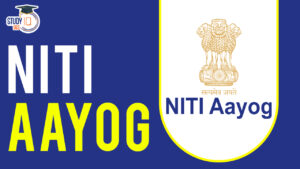Table of Contents
Context
- The University Grants Commission (UGC) has introduced an accelerated degree programme and an extended degree programme for undergraduate students.
- This will allow them to complete their degrees either earlier or later than the standard duration.
- The University Grants Commission has released the draft UGC (Minimum Qualifications for Appointment and Promotion of Teachers and Academic Staff in Universities etc.) Regulations, 2025
Key Changes and Provisions for Appointment of VCs
Vice-Chancellor Appointment Process
- Clearer Process:
- A Search-cum-Selection Committee will appoint Vice-Chancellors (V-Cs).
- The Chancellor/Visitor (Governors in many states) will constitute this three-member committee.
- Committee Composition:
- Chairperson: A nominee of the Chancellor/Visitor.
- Members: A nominee of the UGC Chairman and a representative of the university’s apex body (Syndicate, Senate, Executive Council, etc.).
- Appointment Criteria: V-C candidates must possess high academic qualifications and leadership capabilities.
- Who is eligible?
- Professors with at least 10 years of experience in higher education institutions.
- Individuals at senior levels in industry, public administration, public policy, or public sector undertakings (PSUs) with a proven track record of significant scholarly contributions.
- Expanded Pool of Candidates: Opens up V-C positions to industry experts and public sector veterans.
Flexibility in Faculty Appointments
- NET/SET Flexibility: Candidates qualifying in NET/SET can teach subjects other than their undergraduate/postgraduate degrees if aligned with their Ph.D. specialization.
- Elimination of Academic Performance Indicators (API): The API system brought in 2018 regulations, which relied on quantitative metrics like journal publications, has been removed. It is replaced with a holistic evaluation of “Notable Contributions” across nine categories.
- Contract Teacher Appointments: Removes the 10% cap on contract-based faculty appointments set in 2018.
| University Grants Commission (UGC) |
|
Advantages of Accelerated and Extended Degree Programmes
- Flexibility in Learning: Provides students the autonomy to tailor their academic paths to suit personal and professional goals.
- Accelerated programmes allow early entry into the workforce or further studies.
- Interdisciplinary Learning: Extended programmes offer students time to explore diverse subjects, undertake internships, or engage in research, aligning with the National Education Policy (NEP) 2020’s emphasis on multidisciplinary education.
- Global Competitiveness: Aligns Indian higher education with international standards, facilitating student mobility and making Indian degrees more globally recognized.
- Cost and Time Efficiency: Accelerated programmes reduce the cost of education by cutting tuition fees and living expenses, which benefits financially constrained students.
- Skill Development: Encourages the acquisition of soft skills, creative thinking, and practical expertise through internships and project work during extended programmes.
- Enhanced Employability: Offers flexibility to gain real-world experience while studying, potentially leading to better career outcomes.
Challenges of Accelerated and Extended Degree Programmes
- Curriculum Depth and Rigor: Compressing a curriculum in an accelerated format may compromise the quality of education, especially in technical disciplines like engineering.
- Lack of Academic Urgency: Extended programmes may demotivate students to complete their studies in a reasonable timeframe, diminishing the value of the degree.
- Financial Burden: Longer duration programmes could increase costs, discouraging students from economically weaker backgrounds.
- Institutional Readiness: Universities face challenges in restructuring curricula, implementing credit systems, and adapting to the administrative complexity of such reforms.
- Digital Divide: A shift towards digitalisation in education may marginalize students from underprivileged backgrounds with limited access to technology.
- Faculty Training: Teachers will need professional development to adapt to flexible, interdisciplinary pedagogical models.
- Equity Concerns: Students from rural and marginalized backgrounds may struggle to navigate the flexible structure without adequate support, risking higher dropout rates.
Future Outlook
- Strategic Planning: Robust curriculum design ensuring educational depth in accelerated programmes and meaningful use of time in extended programmes will be critical.
- Investment in Infrastructure: Adequate funding for digital infrastructure, administrative systems, and faculty recruitment will be essential for a smooth transition.
- Capacity Building for Educators: Continuous professional development and training for educators to handle flexible and interdisciplinary models effectively.
- Inclusion of Marginalized Students: Provision of scholarships, mentoring, and digital resources to bridge the equity gap.
- Enhanced Industry Collaboration: Strengthening ties with industries to create relevant internships, research opportunities, and skill development initiatives for students.
- Global Integration: Emphasis on aligning the Indian education system with international benchmarks will ensure better recognition of Indian degrees and enhance global mobility.
- Monitoring and Evaluation: Establish mechanisms to track the impact of these programmes on learning outcomes, employability, and student satisfaction.
Conclusion
With strategic implementation and a commitment to inclusivity, these initiatives could transform Indian higher education, making it more student-centric, dynamic, and globally aligned, ultimately contributing to India’s aspiration of becoming a developed nation by 2047.


 NITI Aayog Report on India’s Hand and ...
NITI Aayog Report on India’s Hand and ...
 9th Schedule of Indian Constitution: His...
9th Schedule of Indian Constitution: His...
 Mechanisms to Combat Judicial Corruption...
Mechanisms to Combat Judicial Corruption...





















